You must be logged in to post a review.
The Last Mughal
by William Dalrymple
Description:
It is 7th November 1862, Rangoon. A shrouded corpse is escorted by a motley crew of British soldiers. A nondescript grave is ready inside the prison premises. The British officer in charge insists that no one is able locate the last resting place of Bahadur Shah Zafar II, the last Mogul emperor.Zafar, in his lifetime, was a skilled calligrapher and a talented poet. While Zafar’s more illustrious ancestors controlled most of the Indian subcontinent, he was an emperor only in name. Denied any political powers by East India Company, Zafar succeeded in forging a court of brilliance and presided over what was perhaps one of the greatest cultural renaissance in the world.Exploring the fall of the Mughal Empire, author William Dalrymple in The Last Mughal, uses new sources to pen to expound that stage of Indian history.Zafar ascended Delhi’s throne when the Mughal Empire was already in steep decline. As the years passed, the British progressively usurped his power. A reluctant Zafar was declared the king of India in May 1857 when the sepoy mutiny broke out. He had no powers to resist it and knew that the event was doomed even before it officially started. Four months later, the British captured Delhi resulting in disastrous consequences. The city was left in ruins.With an unmatched account of Indian and British, The Last Mughal is a revelatory account of one of history’s bloodiest upheavals.The book is available in paperback in its first edition and was published in May, 2007.
About The Author
Dalrymple is the son of Sir Hew Hamilton-Dalrymple, 10th Baronet, and Lady Anne-Louise Keppel. He is a cousin of Virginia Woolf. He was educated at Ampleforth College and Trinity College, Cambridge, where he was first a history exhibitioner and then a senior history scholar.[citation needed]Dalrymple first went to Delhi on 26 January 1984. Dalrymple has lived in India on and off since 1989 and spends most of the year at his Mehrauli farmhouse in the outskirts of Delhi, but summers in London and Edinburgh. His wife Olivia is an artist and comes from a family with long-standing connections to India. They have three children, Ibby, Sam, and Adam.Dalrymple's interests include the history and art of India, Pakistan, Afghanistan, the Middle East, the Muslim world, Hinduism, Buddhism, the Jains and early Eastern Christianity. All of his eight books have won literary prizes. His first three were travel books based on his journeys in the Middle East, India and Central Asia. His early influences included travel writers such as Robert Byron, Eric Newby, and Bruce Chatwin. More recently, Dalrymple published a book of essays about current affairs in the Indian Subcontinent, and two award-winning histories of the interaction between the British and the Mughals between the eighteenth and mid nineteenth century. His books have been translated into more than 40 languages.

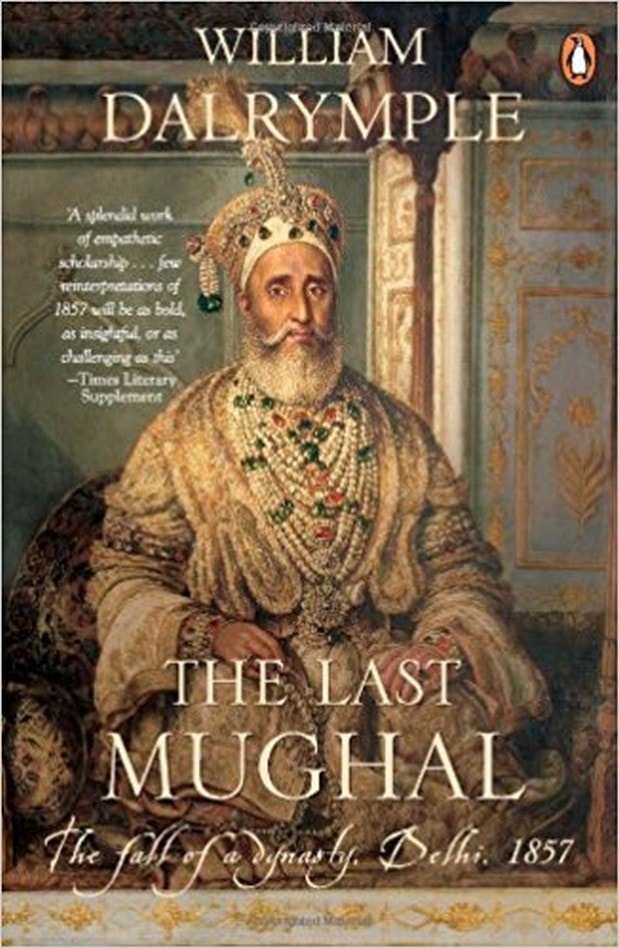


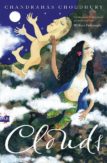
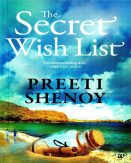
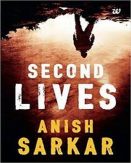
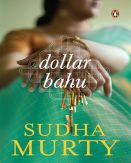

Reviews
There are no reviews yet.